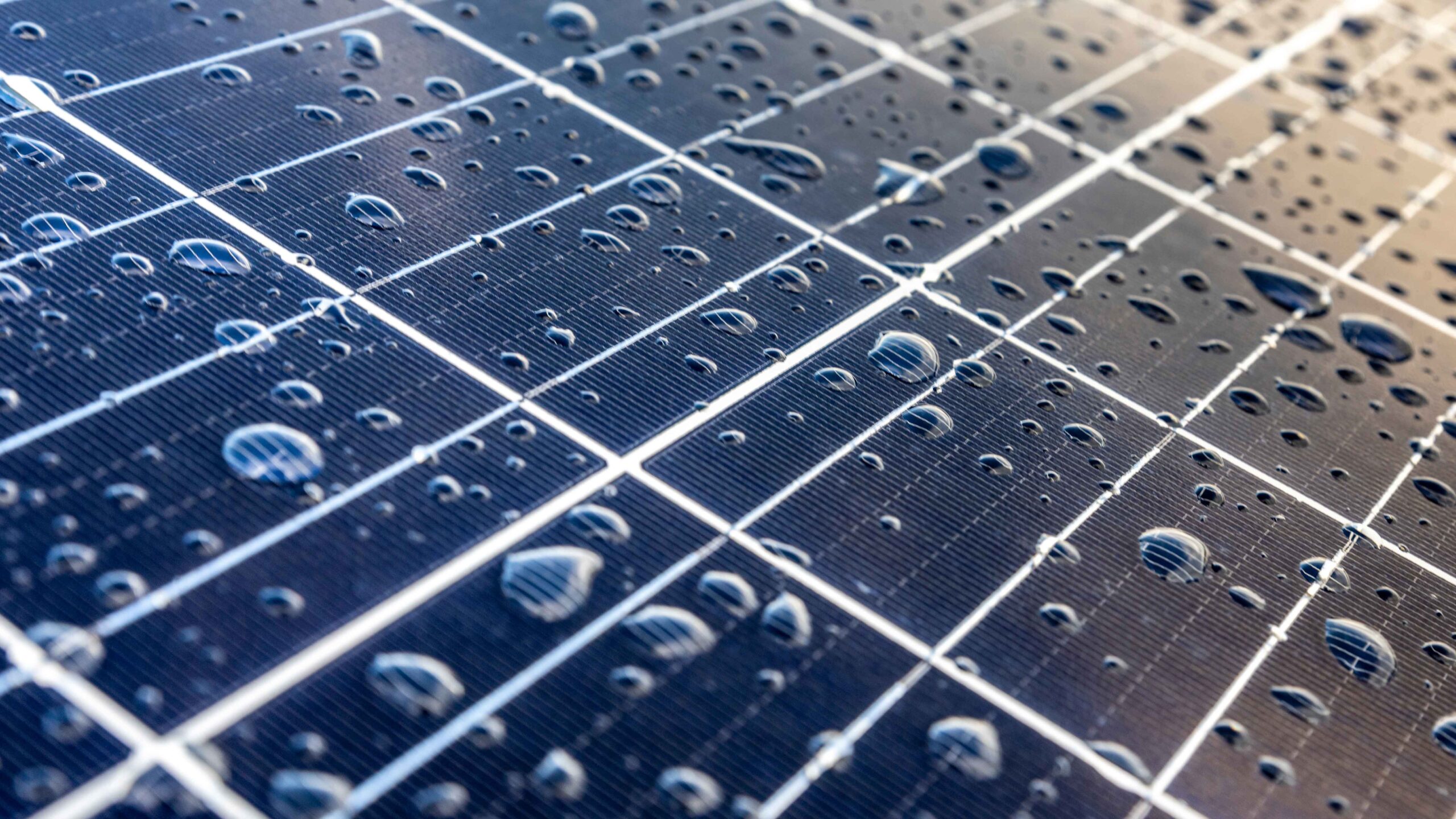In today’s world, where environmental sustainability is a top priority, combining solar energy and water conservation plays a crucial role. As we look for ways to reduce our carbon footprint and preserve natural resources, harnessing solar power emerges. Let’s delve into how solar energy contributes to water conservation, making it a win-win solution for the planet and our wallets.
Solar Energy: A Clean and Renewable Resource
Solar energy is derived from the sun’s rays, making it abundant, clean, and renewable. It offers a sustainable alternative to fossil fuels, which deplete natural resources and contribute to pollution. By installing solar panels on rooftops or open spaces, homes and businesses can tap into this clean energy source to meet their electricity needs.
Water Conservation in Energy Production
Traditional energy production methods, such as thermal power plants, rely heavily on water for cooling. This reliance on water depletes local water sources but also leads to water pollution due to thermal discharge. In contrast, solar energy generation is water-neutral, requiring minimal to no water for operation. This aspect alone significantly reduces the strain on freshwater resources and helps protect aquatic ecosystems.
Agricultural Benefits of Solar Energy
In agricultural settings, solar panels can provide dual benefits by generating electricity and offering shade to crops. This shading reduces water evaporation from the soil, improving water efficiency in farming practices. Solar-powered irrigation systems also enhance water conservation by optimizing water usage based on real-time data and crop needs.
Urban Solutions for Water-Scarce Regions
Integrating solar energy with water conservation practices is paramount in urban areas facing water scarcity. Solar-powered desalination plants can convert seawater into potable water, offering a sustainable solution to freshwater shortages. Furthermore, smart water management systems powered by solar energy enable efficient usage and reduce wastage through real-time monitoring and automated controls.
Financial Incentives for Going Solar
Besides environmental benefits, adopting solar energy can lead to substantial cost savings in the long run. Governments and utility companies often provide incentives, such as tax credits and rebates, to encourage solar panel installations. Moreover, reduced energy bills and the potential for selling excess energy back to the grid through net metering add to the financial advantages of going solar.
Making a Difference, One Solar Panel at a Time
Individuals and businesses contribute to a more sustainable future by embracing solar energy and water conservation practices. Each solar panel installed represents a step toward reducing carbon emissions, saving water resources, and promoting environmental stewardship. Together, we can harness the sun’s power to create a greener and healthier planet for future generations.
Join the Solar Revolution with Solar Pros
Ready to make a positive impact on the environment while enjoying long-term savings? Explore solar panel installation options tailored to your needs with Solar Pros. Let’s work together toward a brighter, cleaner, and water-conscious future.




